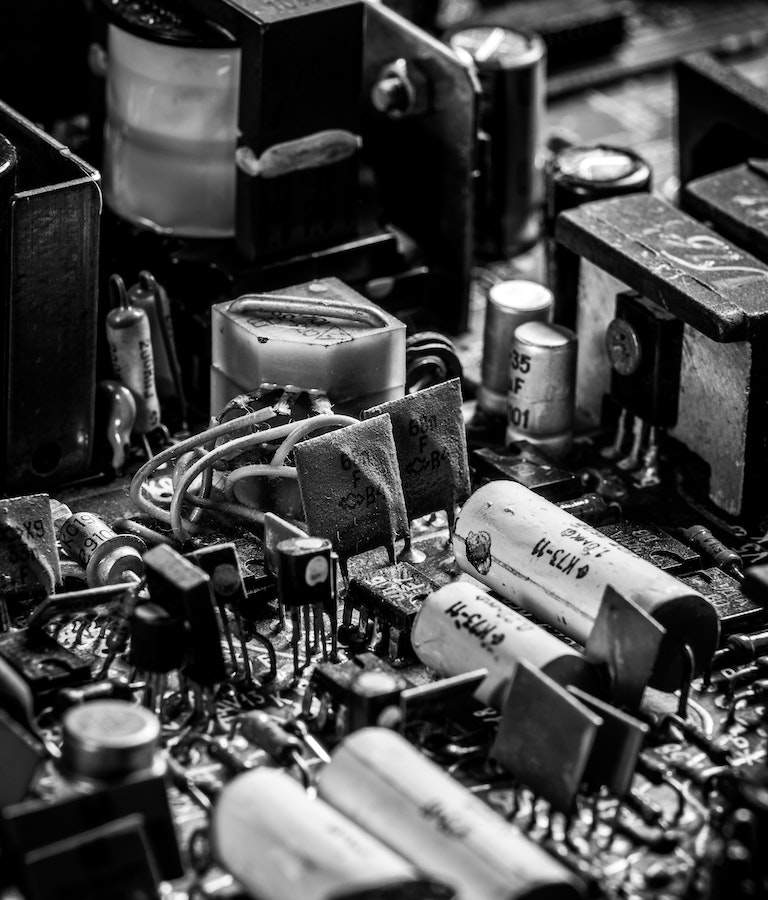In today’s digital age, electromagnetic interference (EMI) and radio frequency interference (RFI) pose significant challenges to electronic devices and communication systems. To ensure optimal performance and compliance with regulations, RFI/EMI filters play a crucial role in mitigating interference. This article will explain what RFI/EMI filters are, how they work, and why they are essential in various applications.
What is an RFI/EMI Filter?
An RFI/EMI filter is an electrical component designed to reduce or eliminate electromagnetic interference in electronic circuits. It prevents unwanted signals from entering or leaving a system, ensuring that electronic devices function correctly without causing or suffering from EMI or RFI.
How Do RFI/EMI Filters Work?
RFI/EMI filters typically consist of capacitors, inductors, and sometimes resistors, configured to block or attenuate high-frequency noise signals. The filter allows the desired low-frequency signals to pass while suppressing or reducing the impact of high-frequency interference. These filters are used in power supplies, medical devices, automotive systems, and communication equipment to ensure compliance with EMI/RFI standards.
Types of RFI/EMI Filters
- Power Line Filters: Installed in power supply lines to block EMI from affecting sensitive equipment.
- Signal Line Filters: Protect data and communication lines from RFI and EMI.
- Board-Level Filters: Used in PCBs to protect individual circuits or components from interference.
Applications of RFI/EMI Filters
RFI/EMI filters are used across industries, including:
- Medical Devices: Ensure medical equipment operates without EMI disruptions.
- Consumer Electronics: Protect devices like televisions, smartphones, and computers.
- Automotive Systems: Mitigate interference in advanced vehicle control and entertainment systems.
- Aerospace and Defense: Ensure the reliability of communication systems and avionics.
Why Are RFI/EMI Filters Important?
- Regulatory Compliance: Compliance with EMI/RFI regulations, such as FCC Part 15, is mandatory in most regions. Filters help meet these requirements.
- Device Performance: EMI and RFI can degrade the performance of sensitive electronics. Filters ensure smooth operation.
- System Reliability: By minimizing interference, RFI/EMI filters help increase the reliability and lifespan of electronic systems.
Choosing the Right RFI/EMI Filter
Selecting the correct filter depends on several factors, including the operating frequency, insertion loss, and impedance. It’s also essential to consider the specific industry standards that your application must comply with.
Conclusion
RFI/EMI filters are indispensable in modern electronics, ensuring devices run efficiently without being affected by electromagnetic interference. Whether you’re designing a complex medical device or working on a consumer gadget, choosing the right filter can enhance performance and compliance with industry standards.





Please suggest a filter to remove noise on 40m HF Band. This is between 7mhz to 7.2mhz.
I am HAM Radio operator and this frequency has a lot of noise in my house compared to the amateur radio frequencies.